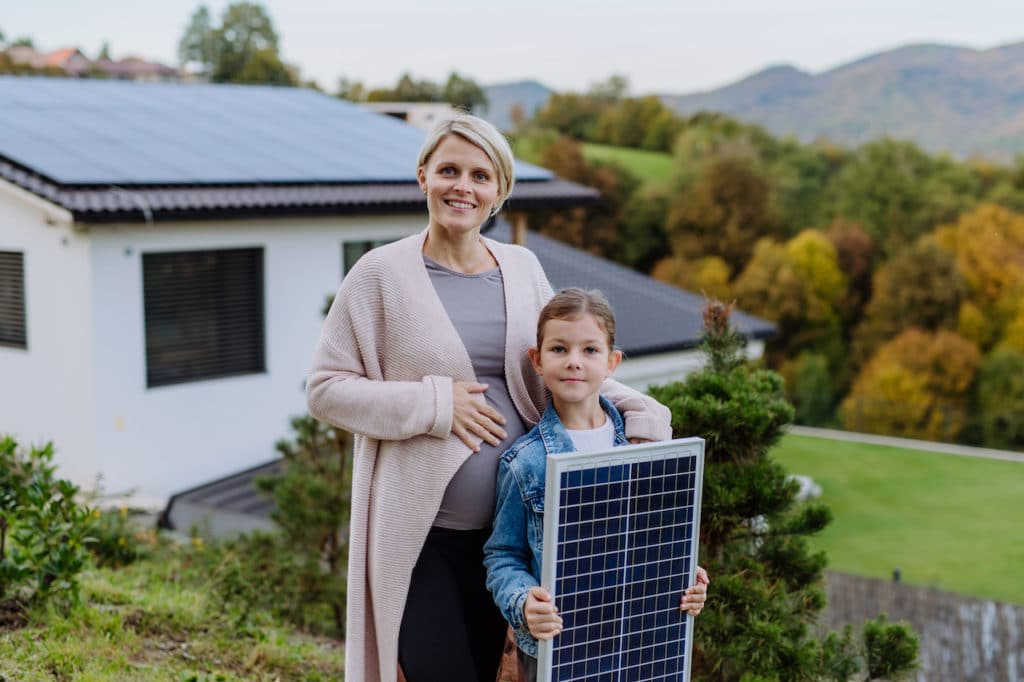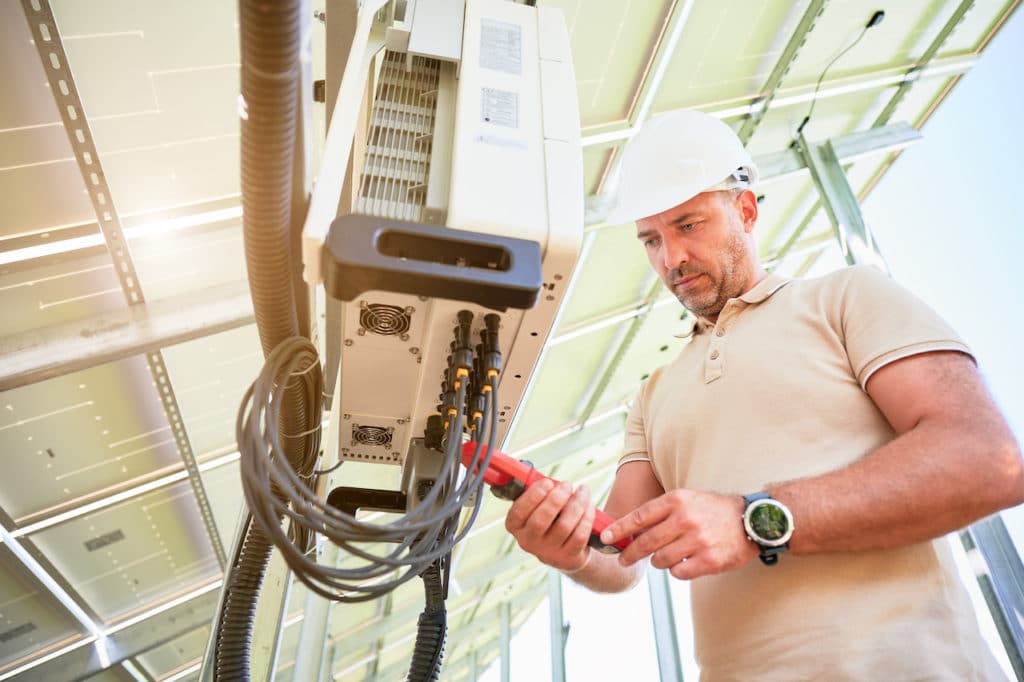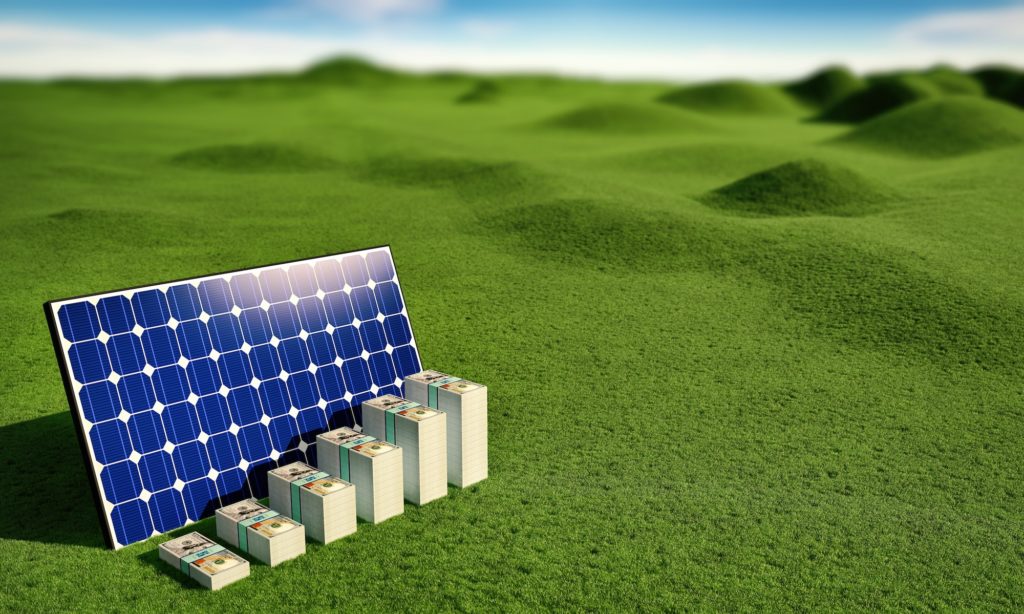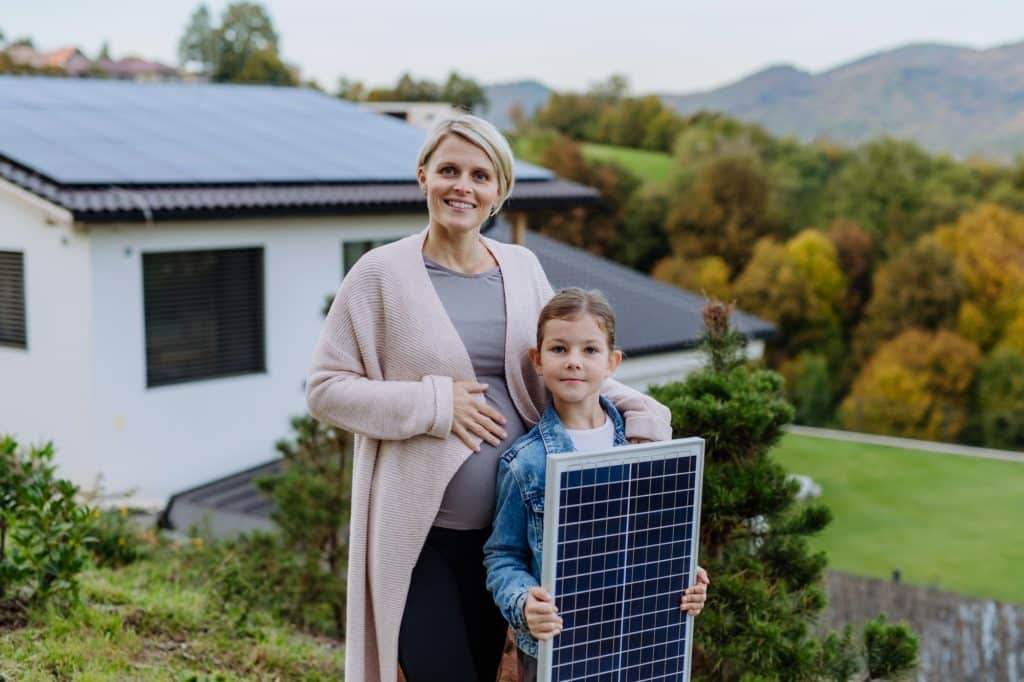Solar-powered systems are becoming increasingly popular as they are a great way to save money on monthly utility bills, all while taking active steps to preserve our environment.
One the most popular solar-powered system residents are considering are hot water tanks.
Installing a solar-powered hot water system is an environmentally friendly way to heat the water in your home.
Fossil fuel electricity generation is one of the biggest contributors to pollution and greenhouse gas emissions that are contributing towards climate change.
This means that installing a solar power system now is the right thing to do for not only your finances but also for our planet!
1. What is a solar hot water system
Solar hot water systems are a great way of reducing your monthly utility bills and also help save the environment.
They work by capturing heat from the sun and transferring that energy into a hot water tank, which is then used to provide you with hot water.
Solar-powered hot water systems do not use fossil fuel electricity or gas to create the heat, as the solar hot water system uses free solar energy!
There are a number of different models and styles of solar hot water systems available.
“Depending on your water consumption needs, different sizes would be appropriate.”
The amount of energy capacity required will determine what size unit is needed.
2. How does a solar hot water system work?
A solar-powered hot water system consists of three main components: Solar collectors (which are simply panels that absorb sunlight), a storage tank, which stores and heats the water, and a pump, which takes the heated water from the collector and transfers it to an area where it can be accessed by other parts of your house.
The sun’s radiation is captured by solar power collectors, then transferred to an insulated storage tank in a process known as heat exchange.
The stored hot water can be used at any time when hot water is required.
If a pump is included with the system then it will also draw hot water from the storage tank and distribute it through your home for use.
Solar hot water systems are typically more efficient than their fossil fuel counterparts because of how energy-dense solar power is.
However, they do not operate on demand and you may have to heat some water before taking a shower or bath as there could be a waiting period until enough hot water has been generated and transferred into the storage tank.
2. Benefits of installing a solar power system in your home
Cost savings on a monthly basis is one of the largest advantages of having a solar hot water system installed.
On average, water heaters account for 25% of household’s energy usage, and homeowners do not need to worry about fluctuating fossil fuel prices either!
Solar hot water systems don’t just reduce your monthly utility bills, they can also increase the value of your home if you plan on selling in a few year’s time.
Homebuyers want homes that have green features such as solar panels or wind turbines so as to show their commitment to sustainability and to reduce their own electricity bills.
This means that if you install a solar water heating system now, there is a good chance of more people being interested in purchasing your home.
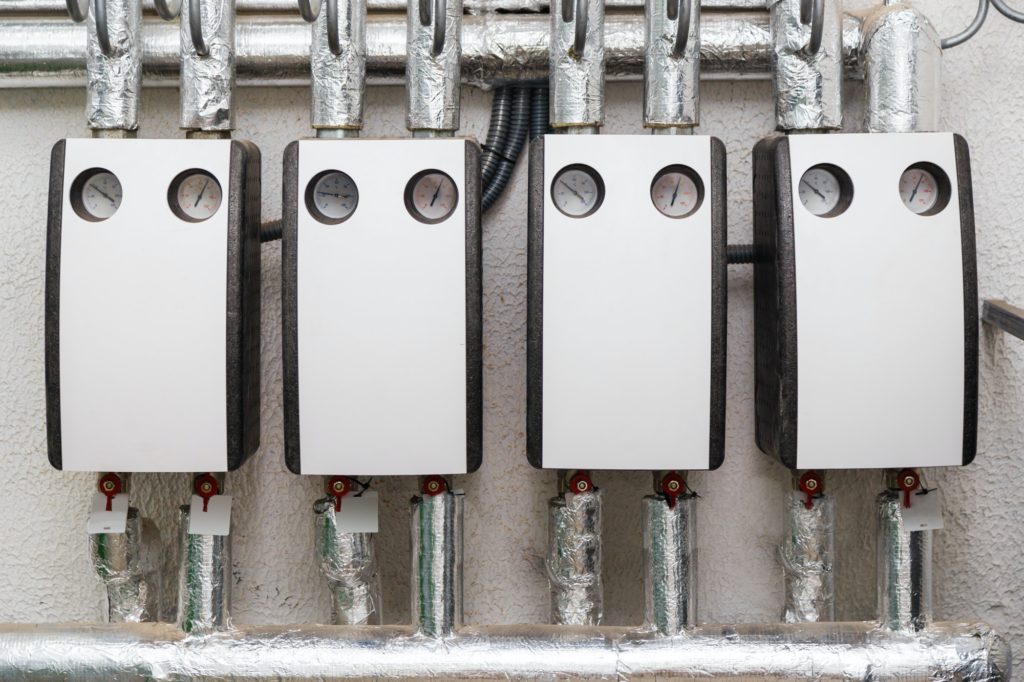
3. Common objections to installing a solar hot water systems
One of the most common objections to installing a solar-powered hot water system is that they are too expensive, but this doesn’t have to be the case!
You can set up a system that works for your budget by getting quotes from various installers and finding out what you’re able to afford.
Once you’ve done this, you can proceed with deciding on which type of solar-powered heater you want.
If you decide on a solar panel set up, then this will need to be installed on your roof and positioned so it can receive maximum sunlight.
Another common concern with solar-powered hot water heaters is foggy and cloudy weather.
Though long stretches of poor weather could affect your access to hot water, most of the time homeowners are not negatively impacted by bad weather.
If for any reason there are extended periods of cloudy days or colder weather, hot water systems usually have an electric or gas booster switch.
These switches will ensure that at no time are homeowners without hot water.
Finally, unsightly tanks and large solar collectors are an issue for many, however, with low profile systems, tanks can be situated on the ground versus the rooftop.
Depending on the model, there are even options for systems that will extract heat from the air, meaning solar collectors are not necessary at all.
Conclusion
Solar hot water systems can have many benefits for homeowners, including saving them money and helping to reduce their carbon footprint.
If you are interested in finding out more about solar water heaters or want to install one at your home, we invite you to contact us for a free consultation.
We will be happy to answer any questions that you may have and help guide you through the process of installing a system that’s right for your needs!

